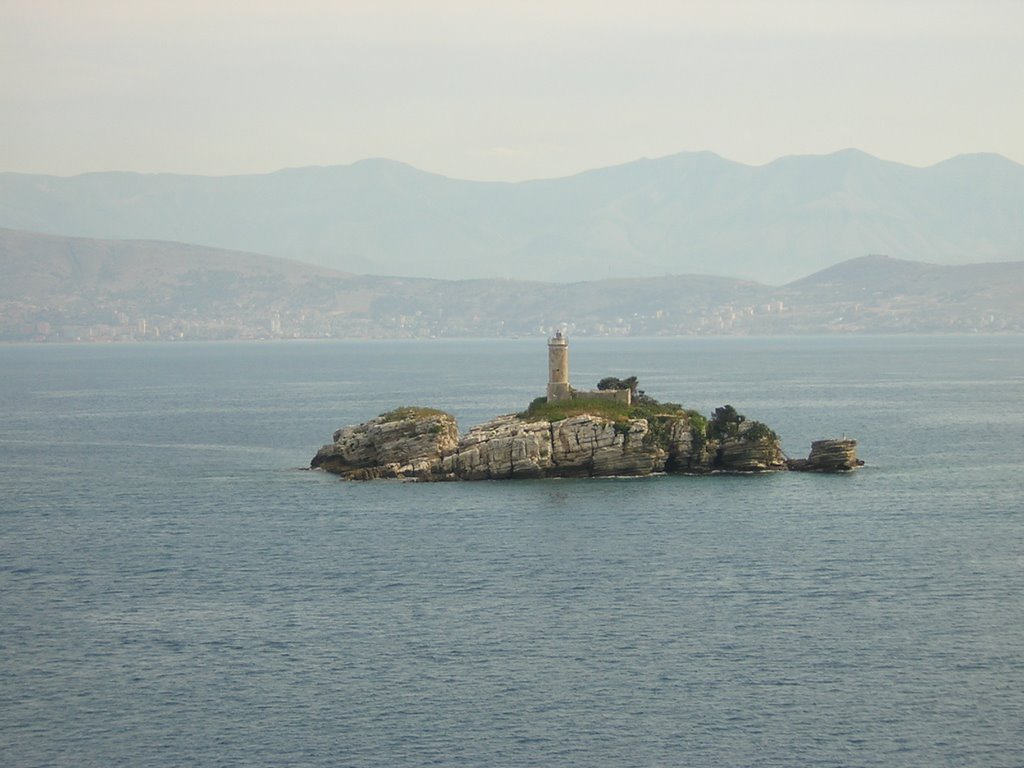Oil production in Albania began in 1928 and has continuously increased in the years following. The country is endowed with one of the largest onshore oil fields in Europe, Patos-Marinza. Albania has high on- and offshore oil-bearing potential and offers good opportunities for oil and gas exploration via a favorable legislative framework aimed at attracting foreign, qualified companies in the development and production of oil and gas from existing oil fields. In recent years, the production of crude oil has been steady and as per the latest statistics, it reached a volume of about 800,000 tons in 2011.
According to the Albanian National Agency of Natural Resources, land-based geological reserves of oil are estimated at about 260 million cubic meters and of these 54 million cubic meters are considered recoverable reserves; however, the economic feasibility of extracting these reserves is still under consideration. Geological oil reserves at sea are estimated to be 200 million cubic meters of which about 50 million cubic meters are estimated to be recoverable reserves. Gas exploitation for industrial use started in 1963 in Bubullime (in the Kallm area). Later on, in 1964 a natural gas resource in Divjake was found, followed by the discovery and use of other natural gas resources such as Frakulla (1972), Finiq-Krane (1974), Ballaj (1983), Povelca (1987) and Delvine (1989).
Natural gas historically was an important element in supplying the Albanian market with energy; however, its current contribution is low due to minimal production levels. Meanwhile, imports via international pipelines are currently impossible due to the lack of connectivity of the Albanian gas network to the international gas network system. Studies done so far have aimed at identifying different ways of connecting Albania with the European gas network. With respect to this Trans Adriatic Pipeline (TAP) project is under progress and it aims at opening the new so-called Southern Gas Corridor to Europe for natural gas from the Caspian Sea region. It is expected to transport gas via Greece and Albania and across the Adriatic Sea to Southern Italy and further to Western Europe.
The country’s gas reserves have continuously decreased since 1985, reaching a minimum level in the early 1990s due to a lack of new discoveries and a lack of investments in existing resources. To date, the Government has licensed various international companies for the development and production of oil and gas (such as Bankers Petroleum, Stream Oil & Gas, Sherwood, IEC Visoka), in addition to having issued several Hydrocarbon Agreements for hydrocarbon exploration. Fiscal incentives in relation to companies involved in hydrocarbon operations include the exemption from customs duties and VAT on imports for goods used during the research and development phases of hydrocarbon operations undertaken by contractors or subcontractors as well as VAT exemption in any domestic supply of goods and services exchanged between contractors and subcontractors involved in hydrocarbon operations.
Photo credits: Shekulli.com.al

Leave a Reply
You must be logged in to post a comment.